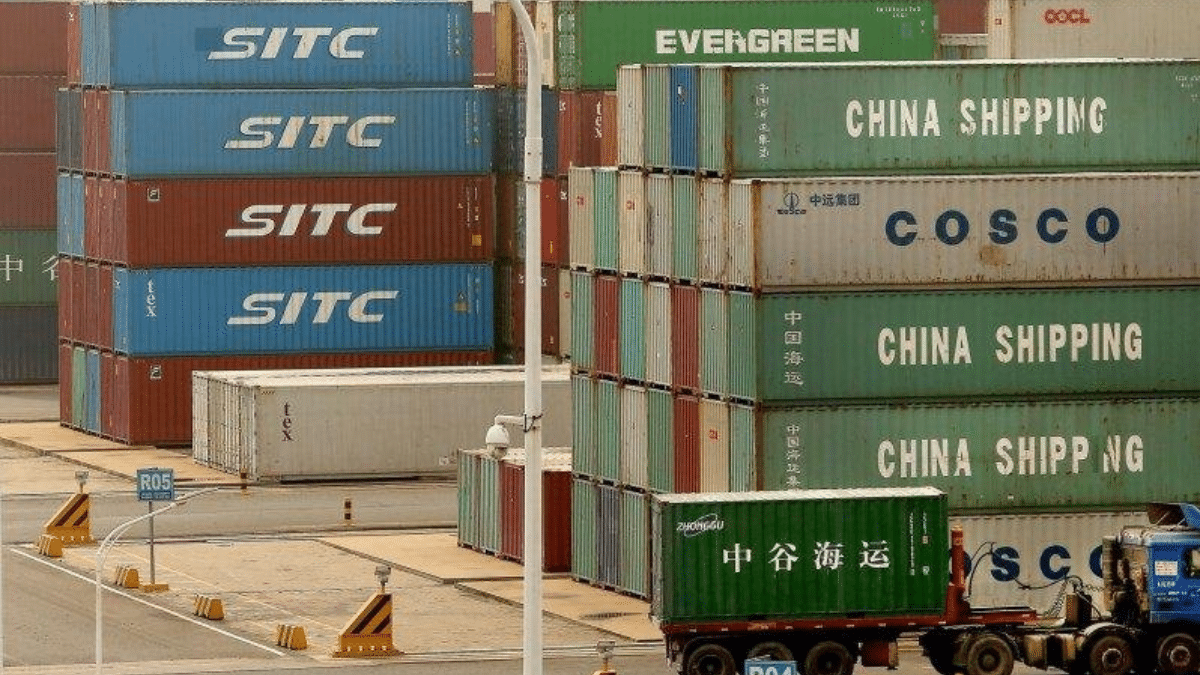China’s Ministry of Commerce convened a pivotal hearing on Thursday to address the ongoing anti-dumping investigation into imported brandy from the European Union. This session saw participation from a wide array of stakeholders, totalling around 80 participants. Among those present were representatives from the EU Delegation to China, embassies of key EU member states such as France, Spain, and Italy, as well as exporters and industry associations.
The anti-dumping investigation, initiated in response to complaints from domestic brandy producers, aims to determine whether European exporters are selling brandy in China at unfairly low prices.
During the hearing, the Ministry of Commerce provided a platform for stakeholders to present their positions and evidence. The EU Delegation to China emphasized the importance of fair trade practices and argued that EU exporters operate within the bounds of international trade laws. They stressed the potential negative impact of any punitive measures on EU-China trade relations, which are crucial for both parties.
Embassy representatives from France, Spain, and Italy underscored the historical and economic significance of brandy exports to their respective countries. They argued that these exports are not only a matter of economic interest but also cultural heritage, particularly for France, which is renowned for its high-quality brandy production. Any imposition of anti-dumping duties, they argued, would disproportionately affect small and medium-sized enterprises (SMEs) that are vital to their national economies.
EU exporters and their associations presented detailed data and analyses to refute the dumping allegations. They highlighted the competitive pricing strategies driven by market conditions rather than unfair trade practices. They also pointed out the stringent quality standards adhered to by EU brandy producers, which justify the pricing differences when compared to local products.
China’s domestic brandy producers, however, presented evidence of significant market disruption caused by the influx of cheaper EU imports. They argued that the price disparity is not merely a result of market dynamics but indicative of dumping practices. The local industry representatives called for the imposition of anti-dumping duties to protect the domestic market and ensure fair competition.

